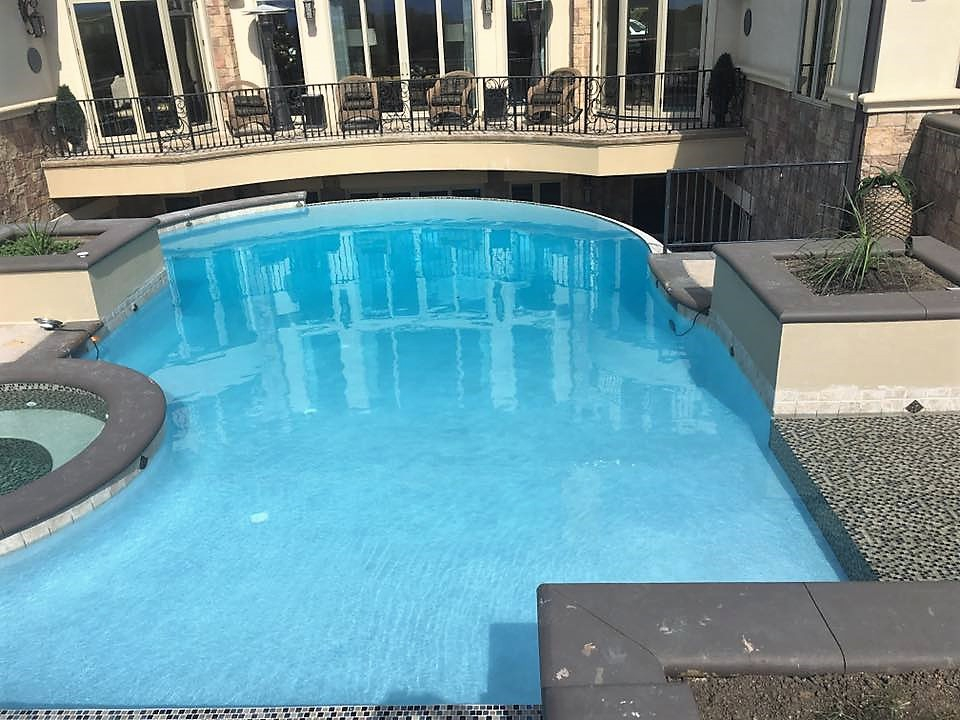What You Need to Know About Custom Pools in Denver, Colorado
November 12, 2022by Content ManagerPOOL AND SPA
Would you like to install a pool in your backyard? You may be dreaming of an in-house spa that allows you to relax, rejuvenate, and unwind in the comfort of your own home. If so, are you weighing your options between pre-fabricated and custom pools in Denver?
At any given moment, about 73% of homeowners want to plan property renovation in the future. Have you considered that property remodels are not required to be inside the home’s walls? Your next Denver home remodeling project could include focusing on your yard. Installing an in-ground pool that fits your area is one of the most fantastic upgrades you can make. For homeowners in the Denver metro area, Wetworks Pool and Spa are here to help you build something that is lovely, durable, and matches your vision of a backyard paradise.
Going bespoke, or designing the pool specifically to your needs, brings a unique set of advantages to your home. Amenities like a swim-up bar, fountain, waterfall, lights, grottos, speakers, and decks are only a few of the fun features you can add to your custom pool in Denver. Here are some of our top advantages of working with Wetworks Pool and Spa, custom pool builders near Denver, for your future haven.
Advantages of Building a Custom Pool on your Denver Property
Here are some of our top advantages to designing and building a custom pool in Denver. Ready to begin your custom pool design? Learn more about the Wetworks Pool and Spa custom pool in Denver process.
Crafted for Your Lifestyle
Designing a custom pool in Denver allows you to create a space you know you and your family will enjoy. For instance, you may want a lit, shallow end of the custom pool in Denver for children if you plan on having the whole family over to swim in it every weekend. If you plan to host friends, consider including a deck, speaker, or swim-up bar. With the winter weather in Colorado, a spa is always a great addition to any Denver property.
A custom pool in Denver with Wetworks Pool and Spa can accommodate your needs if your family is diversified. For instance, you may be excited to have pool parties, teach your children to swim in the pool, or host adult-only events. Other custom pools in Denver are designed with exercise in mind, with the length of laps or an endless pool system. Your Wetworks Pool and Spa custom pool builder in Denver will know just how to bring your dream pool to life.
Hands-On Design Process
To build a custom pool in Denver, many details must be determined to design the pool to your needs. These details will influence the construction plan from your intended use of the pool, budget, and physical space for the custom pool. Decisions regarding the employment of electricians, subcontractors, building, and installation, often shift to meet your ideal pool. Designing your custom pool in Denver with Wetworks Pool and Spa allows you to be hands-on when constructing your backyard paradise.
Custom Features for Your Pool
When you visualize a swimming pool, many see a basic rectangular or circular design with few frills. When you construct a custom pool in Denver with Wetworks Pool and Spa, you have some freedom over the form, arrangement, and features of the design. You can construct a pool with a built-in waterfall and organic landscaping features. Consider including a grotto or waterslide for kids’ enjoyment. Your creativity and budget are the only restrictions on the design.
Are you trying to figure out where to begin? Your Wetworks custom pool builder in Denver will assist you in determining what you need, what you desire, and which features will improve your experience of your pool. Reach out to begin designing your custom pool in Denver today.
Custom Pools Increase Your House Value
Unbelievable as it may seem, a custom pool may boost a home’s value by up to 7%. This implies that if you decide to sell your house in the future, you will be able to collect more money for it. Your property becomes more distinctive thanks to the pool, which also makes it simpler to sell it in the first place. Prospective buyers will think about your property more often if you find more ways to make it stick out in their minds, and a custom pool in Denver could do just that.
Depending on the sort of pool you build, there are differences in the precise amount of value the pool will contribute to your home. Generally speaking, the value of a custom pool in Denver increases with time, based on how good and well-maintained it is. Installing a custom pool in your Denver home allows present-you to thrive, and future-you will appreciate the investment aspect, a win-win!
Pools Enhance the Choice of Outdoor Entertainment
While going outside is lovely, sitting on the terrace in the Colorado summer sun gets hot. Maintaining the amusement and comfort of friends and family of all ages is simple by constructing a custom pool in Denver with Wetworks Pool and Spa. You may even design your custom pool with gatherings in mind. Create a swim-up bar and keep beverages in it. Incorporate multicolored lighting to make swimming at night more exciting, engaging, and safer.
Everyone in the neighborhood will want to use your backyard when work is over. The choice to spend time outside is easy to make when you have a Wetworks custom pool in Denver. You can include a spa to enjoy the outdoors during every Colorado season.
Personalized Pool Design
You may create a totally unique, custom pool in Denver by fusing various concepts and elements into it! Adding your personal flair to the custom pool design will allow your pool to be the only one like it, in the entire globe. The uniqueness of the custom pool design in Denver will also increase the whole property’s value. In this way, the pool might be the main selling point when you choose to sell the house in the future.
Unwind and Relax Anytime at Home
After a hard day at work, we must have a way to unwind and relax. One of the top go-to ways to relax and rejuvenate year-round is with a custom pool in Denver. Are you worried about the cold weather months? Consider installing a custom spa or hot tub or enclosing your pool to be protected and indoors.
You can determine the mood for your custom pool in Denver with Wetworks Pool and Spa. Make your house feel like a tropical retreat. Install a high-quality pool warmer so you can comfortably assist aching muscles in healing. Additionally, there is nowhere to go and nothing to prepare for. Simply take a few steps out of your door and enter your rejuvenation backyard paradise. Design your custom pool in Denver with Wetworks Pool and Spa today.
At Home Work Out
Consider how much people pay for gym memberships. The typical monthly expense ranges from $40 to $50. That amounts to hundreds of dollars annually! Most individuals who pay for memberships only sometimes utilize them sufficiently to make the cost worthwhile. Why? For some, it is because you must work out in front of other people, and going to and from the gym is time-consuming.
You may stop going to the gym without jeopardizing your physical condition when you install a custom pool in Denver. Swimming is a fantastic cardiovascular workout that helps you develop upper body strength. Get an efficient, full-body workout with a short commute when installing a custom pool in your Denver yard.
Custom Pools are Affordable
When designing a custom pool in Denver with Wetworks Pool and Spa, you make decisions on size, location, budget, and materials. While one-piece pools may be more affordable, there are fewer features for you to customize. Constructing a custom pool in Denver allows you to love every detail of the money you spend to install your pool.
A Custom Pool Is a Fantastic Investment
If you are seeking a terrific solution to make your yard more entertaining and thrilling, look into designing an outdoor entertainment space with Wetworks Pool and Spa. Make the pool of your fantasies a reality with the deck, grill area, waterfalls, and sound system to go along with it. Our team is ready to hear your vision and guide you through the custom pool in Denver construction process. For over 20 years, homeowners and property managers have trusted Wetworks Pool and Spa to design, build, and maintain custom pools in Denver.
Build a custom pool in Denver to make the most of the space in your yard so you and your loved ones may enjoy it for years to come. To explore your choices and tap into your creative genius, call Wetworks Pool and Spa. Our skilled custom pool builders will collaborate with you to design a unique pool that meets your demands and your budget.

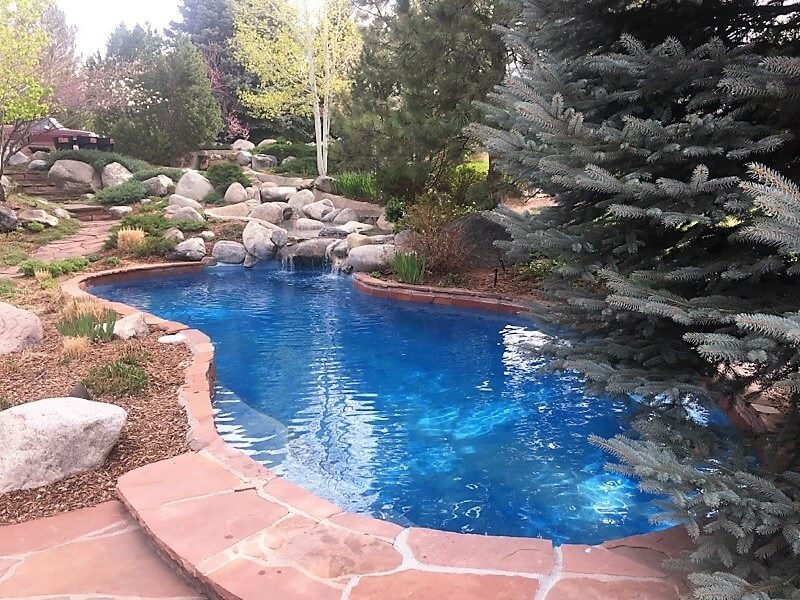
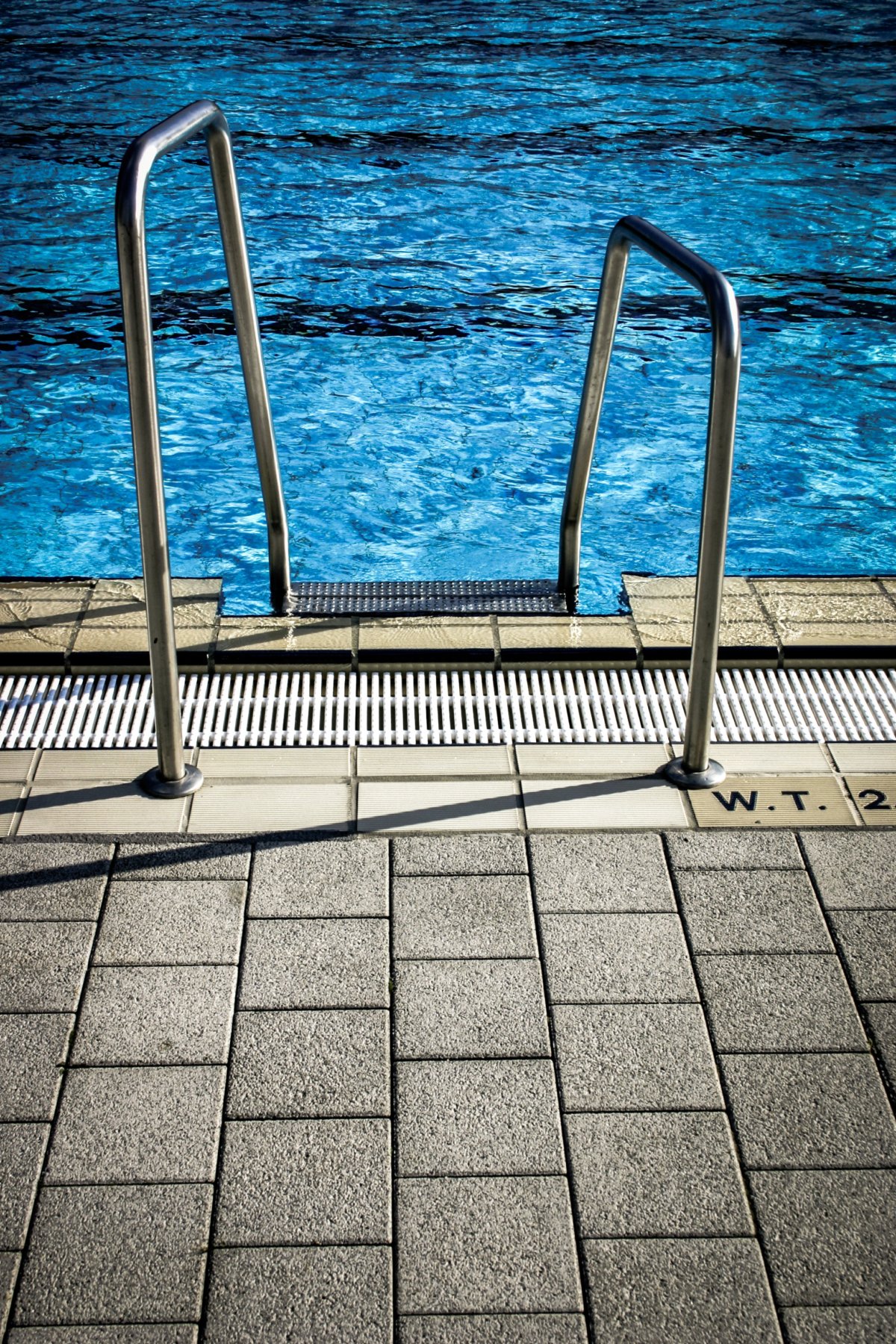
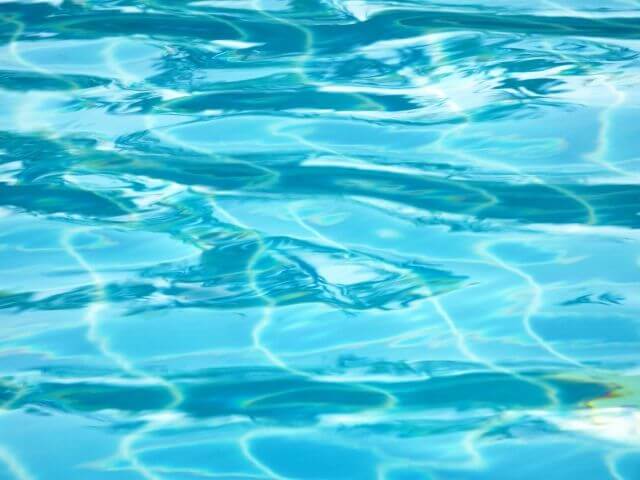
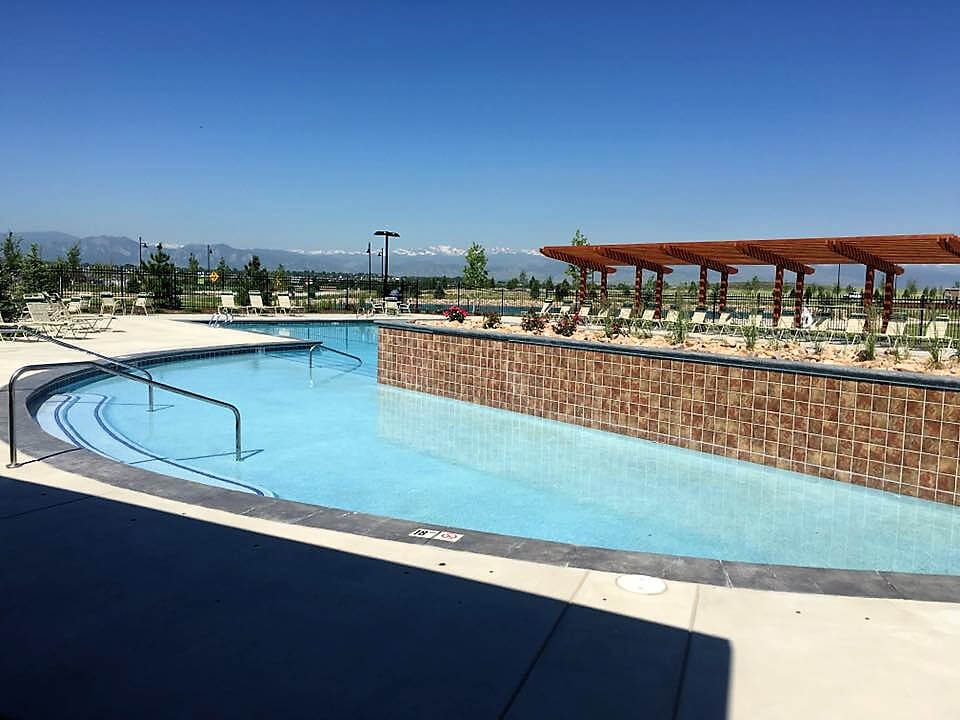
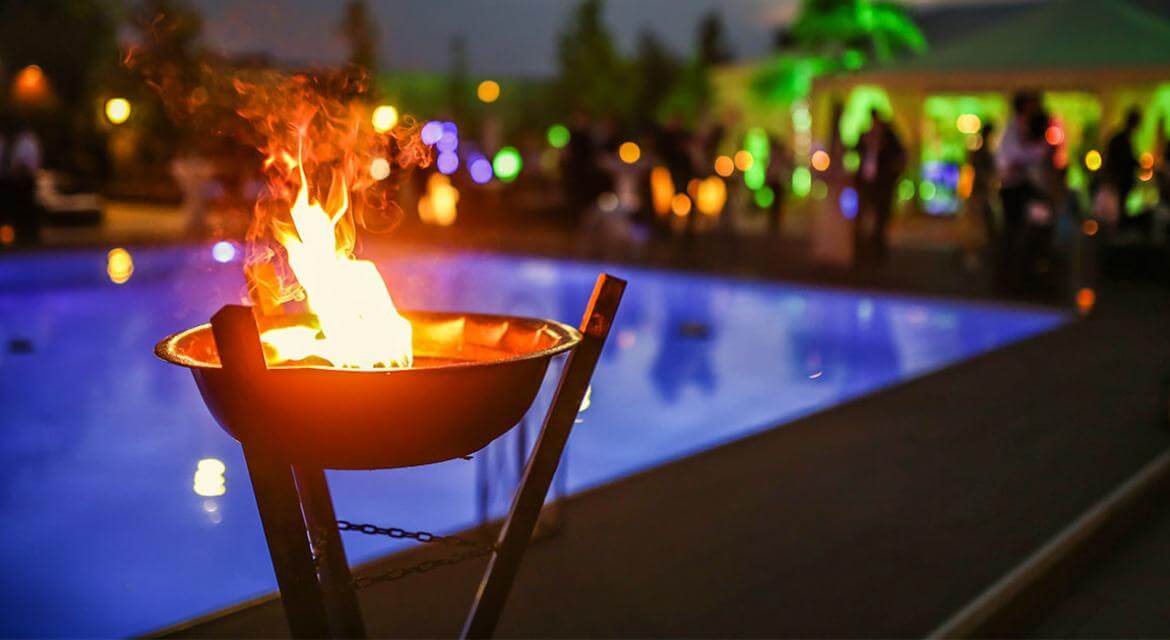
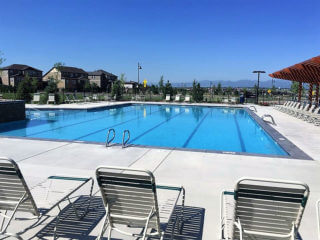 Dreaming of a pool design perfect for your property? There are so many things to consider when designing the ideal oasis for your space. Whether you are dreaming of a relaxing, spa-like lounge or an exercise haven a few steps out of your door, WetWorks Pool and Spa are ready to make your pool installation in Littleton a dream come true.
Dreaming of a pool design perfect for your property? There are so many things to consider when designing the ideal oasis for your space. Whether you are dreaming of a relaxing, spa-like lounge or an exercise haven a few steps out of your door, WetWorks Pool and Spa are ready to make your pool installation in Littleton a dream come true.